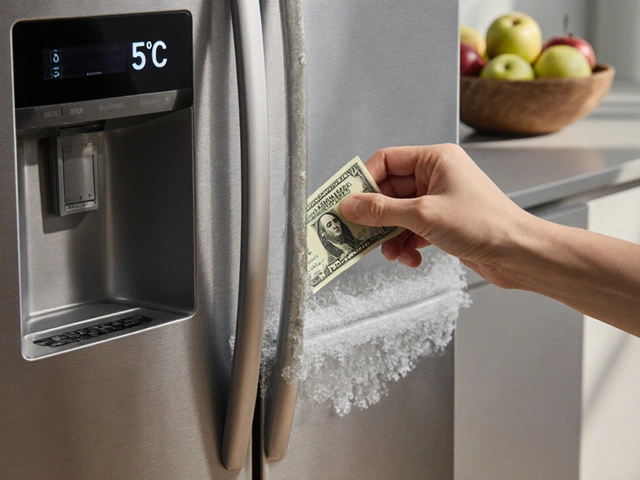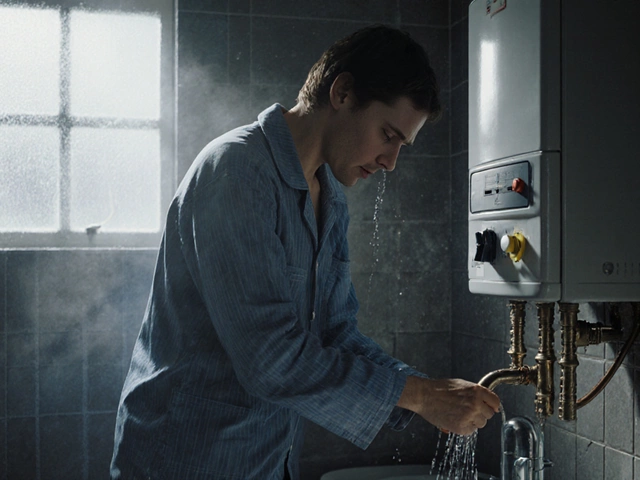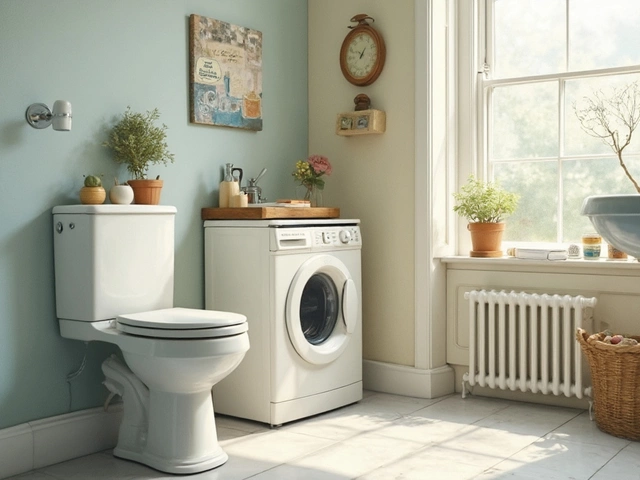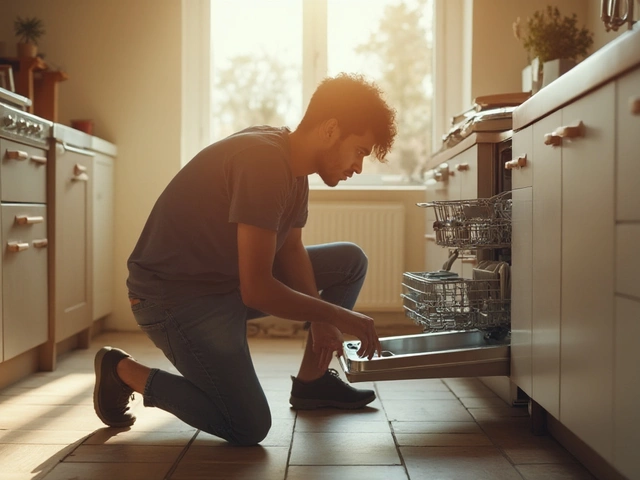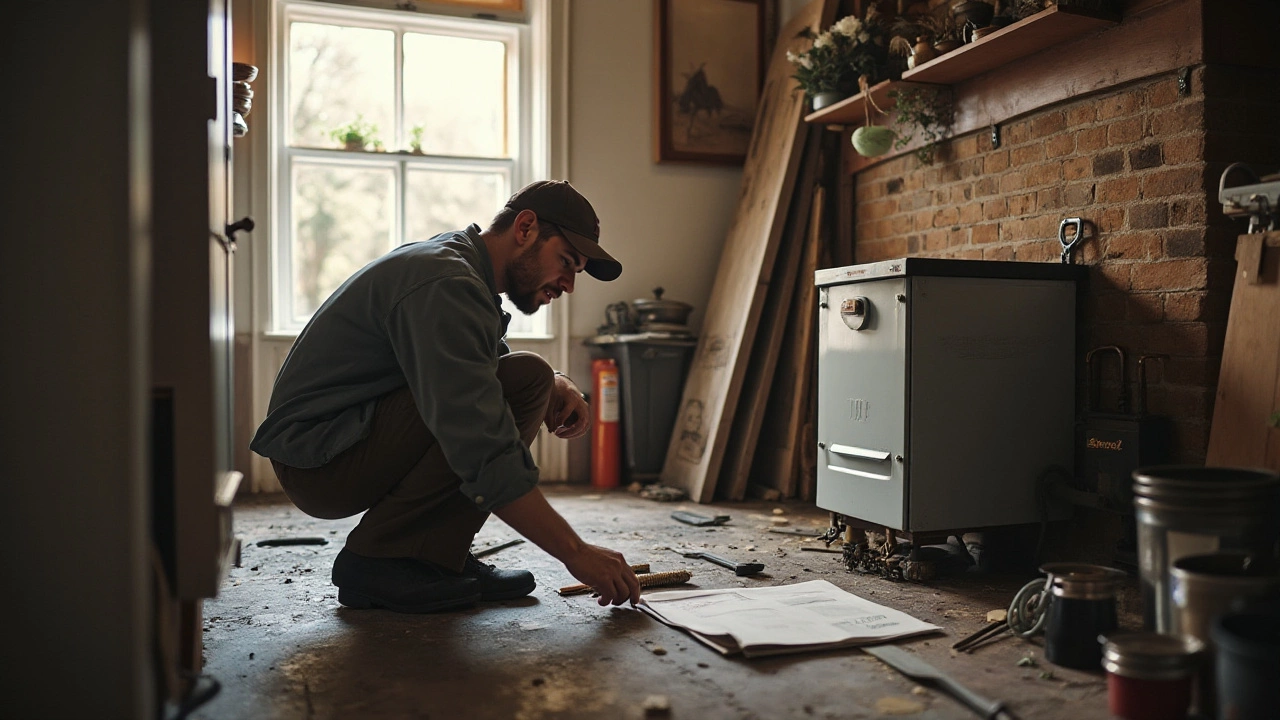HVAC Repair & Maintenance: What You Need to Know Today
If your heating or cooling system stops working, you don’t have to panic. Most HVAC issues are caused by a few easy‑to‑spot problems that you can check before calling a pro. Below are the top things homeowners in Rugby face – from boilers that won’t fire to heat pumps that blow cold air – and quick steps to keep your home comfortable.
Boiler basics: spotting trouble early
Boilers are the heart of any home heating system, but they can throw a tantrum for a few common reasons. Look for noisy pipes, a loss of pressure, or a steady drip from the pressure relief valve. If the radiators stay cold after a few minutes of heating, your pump might be stuck. Give the thermostat a quick reset and bleed any radiators that feel cool at the top. When you notice any of these signs, turn off the boiler, let it cool, and call Rugby Appliance Repair – we can diagnose a leak, a faulty pump or a worn‑out heat exchanger before it costs you extra.
Heat pumps and air conditioners: why they might be blowing cold
Heat pumps are great for year‑round comfort, but they often get confused when the outside temperature drops. If warm air isn’t coming out, check the outdoor unit for debris, frost, or a blocked fan. Switch the system to “defrost” mode if it has one, and clear any leaves or dirt that could be choking the airflow. A dirty filter inside the house can also restrict air, making the unit work harder and sometimes reverse. Replace the filter every 30‑45 days – it’s cheap, quick, and can solve many low‑heat complaints. Still no warmth? It could be a refrigerant leak or a failing compressor, which needs a professional fix.
Extractor fans in kitchens and bathrooms often get overlooked, yet they protect your home from moisture and mold. A fan that hums but doesn’t spin, or one that makes a grinding noise, usually means the motor bearings are worn. Turn off the power, remove the cover, and give the blades a gentle clean – sometimes grime is the only culprit. If the motor still struggles, replace it; most fans use a standard 120‑volt motor that’s easy to swap.
When it comes to ovens, especially older models, the cost of repair versus replacement can be a tough call. If the oven won’t heat, the heating element is the usual suspect. A quick visual check for a broken coil can save you a service call. For glass hobs, cracks are often repairable if they’re small; a professional can fill the crack with a high‑temperature epoxy, extending the life of the cooktop without a full replacement.
Regular maintenance is the secret sauce for all HVAC equipment. Schedule a professional check‑up at least once a year – before winter for boilers and heat pumps, and before summer for air conditioners. The technician will clean coils, check refrigerant levels, tighten electrical connections and test safety controls. This simple habit can shave weeks off a breakdown and boost efficiency, which means lower bills.
Bottom line: many HVAC hiccups have simple, do‑it‑yourself fixes. Start with filters, clear debris, and listen for odd noises. If the problem persists, or if you’re dealing with gas, electricity or water heating components, trust Rugby Appliance Repair Services. Our certified technicians know every make and model, and we’ll get your system running smoothly without unnecessary upsells.
Need help right now? Give us a call, book online, or drop by our Rugby workshop. We’ll diagnose, quote, and fix your HVAC issue fast – because a comfortable home shouldn’t wait.

